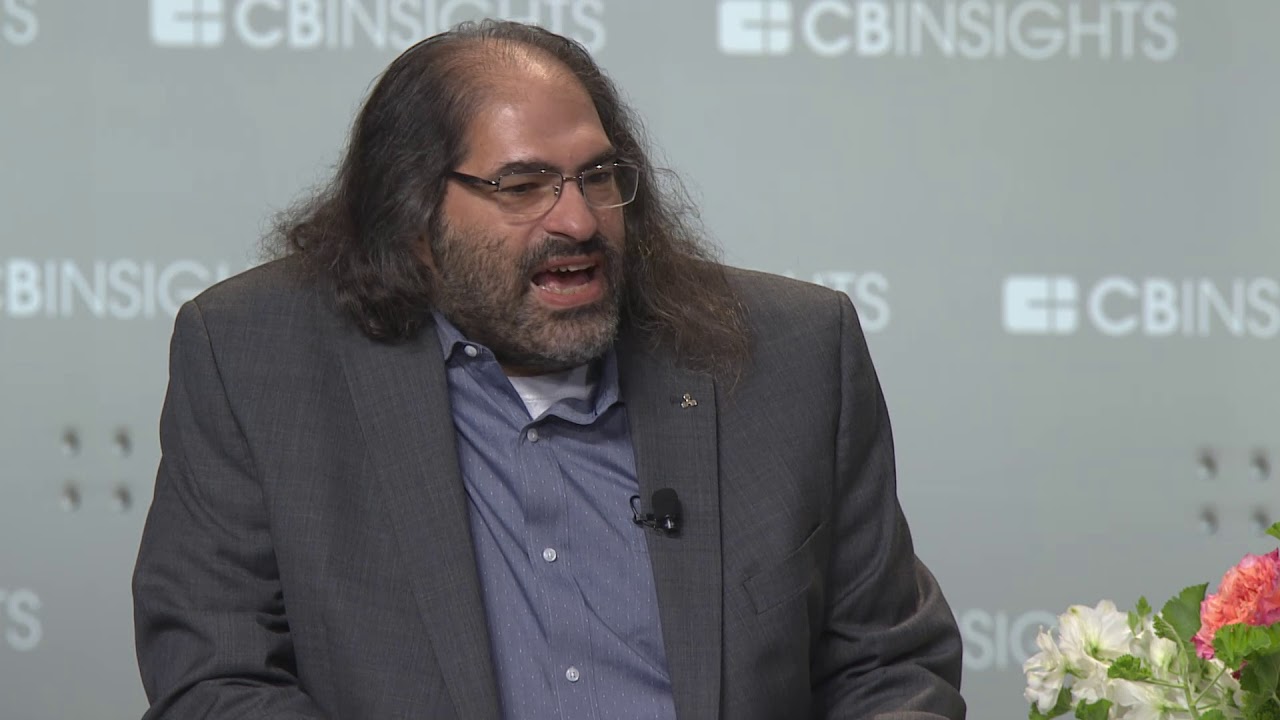Ripple CTO Clarifies No Plans for Unilateral XRP Ledger Changes
05.09.2024 20:30 1 min. read Alexander Stefanov
Ripple’s CTO, David Schwartz, has addressed recent speculation that Ripple might unilaterally alter the XRP Ledger.
Following a blog post about enhancing programmability on the XRPL, concerns emerged about Ripple’s intentions.
Schwartz clarified that Ripple neither has the power nor the intention to make unilateral changes to the XRPL. Instead, the company aims to explore ways to improve programmability on the XRPL Mainnet while continuing work on the Ethereum Virtual Machine (EVM) sidechain.
The blog post was meant to outline Ripple’s focus and invite community feedback, not to present a finalized proposal.
The push for increased programmability comes after discussions with various stakeholders, revealing that overcoming issues like ledger bloat and transaction speed could make it feasible. Schwartz, initially skeptical about integrating smart contracts without altering the XRPL’s core, now sees potential.
The initiative also aligns with upcoming XRP community events in Korea and Japan, providing opportunities for further discussion. Schwartz reassured that the timing and actions are aimed at fostering transparency and engaging with the community.
-
1
FTX Pushes to Dismiss Billion-Dollar Claim from 3AC
23.06.2025 15:00 1 min. read -
2
BIS Slams Stablecoins, Calls Them Ill-Suited for Modern Monetary Systems
26.06.2025 9:00 1 min. read -
3
ARK Invest Cashes In on Circle Rally as Stock Soars Past $60B Valuation
24.06.2025 19:00 1 min. read -
4
Trump’s ‘Big, Beautiful Bill’ Approved: What It Means for Crypto Markets
04.07.2025 7:00 3 min. read -
5
FTX Pushes Back Against $1.5B Claim From Defunct Hedge Fund 3AC
23.06.2025 11:00 1 min. read
Coinbase Strengthens DeFi Push With Opyn Leadership Acquisition
Coinbase has taken a major step toward expanding its decentralized finance (DeFi) presence by bringing onboard the leadership team behind Opyn Markets, a prominent name in the DeFi derivatives space.
Grayscale Urges SEC to Allow Multi-Crypto ETF to Proceed
Grayscale Investments has called on the U.S. Securities and Exchange Commission (SEC) to allow the launch of its multi-crypto ETF—the Grayscale Digital Large Cap Fund—arguing that further delays violate statutory deadlines and harm investors.
Robinhood Launches Ethereum and Solana Staking for U.S. Users
Robinhood has officially introduced Ethereum (ETH) and Solana (SOL) staking services for its U.S. customers, offering a new way for users to earn rewards on their crypto holdings.
Binance CEO Reveals What’s Fueling the Next Global Crypto Boom
Binance CEO Richard Teng shared an optimistic outlook on the future of cryptocurrencies during an appearance on Mornings with Maria, highlighting growing global acceptance, regulatory progress, and strategic reserve integration.
-
1
FTX Pushes to Dismiss Billion-Dollar Claim from 3AC
23.06.2025 15:00 1 min. read -
2
BIS Slams Stablecoins, Calls Them Ill-Suited for Modern Monetary Systems
26.06.2025 9:00 1 min. read -
3
ARK Invest Cashes In on Circle Rally as Stock Soars Past $60B Valuation
24.06.2025 19:00 1 min. read -
4
Trump’s ‘Big, Beautiful Bill’ Approved: What It Means for Crypto Markets
04.07.2025 7:00 3 min. read -
5
FTX Pushes Back Against $1.5B Claim From Defunct Hedge Fund 3AC
23.06.2025 11:00 1 min. read

